When Good Methods Go Bad: The Ghost Peak Problem Haunting Your LC-MS
Water contamination causes 60-70% of unexplained ghost peaks in LC-MS.
3 min read
By Byron Druss and Paul Nedwick : Updated on September 15, 2025
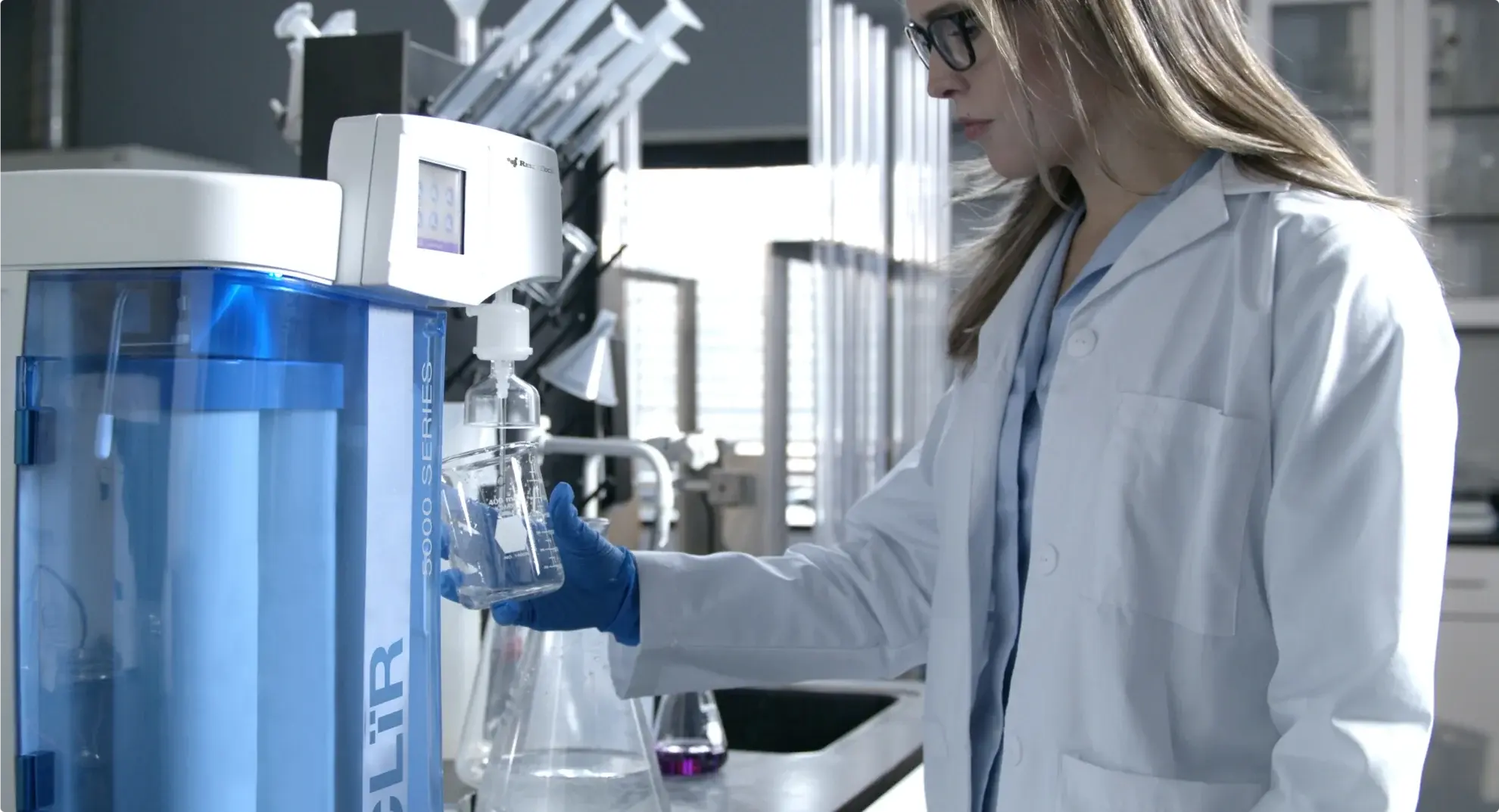
When you're running HPLC, LC-MS, or ICP-MS analyses, that annoying baseline noise isn't just a technical annoyance—it's stealing your detection limits and compromising your data quality. Here's how ultrapure water (UPW) quality plays a bigger role in your baseline stability than you might realize.
The Hidden Contamination Problem
Your Type 1 water system shows perfect resistivity readings at or above 18 MΩ-cm. Everything looks clean on paper. But resistivity only tells part of the story.
Even the purest UPW can harbor organic contaminants, trace metals, and bacterial byproducts that don't affect electrical measurements. These invisible hitchhikers become major problems when they hit your analytical instruments.
What's Actually Causing Your Baseline Drift
In HPLC systems, organic contaminants from your water source create background peaks that overlap with your analytes. These compounds elute at unpredictable times, creating a shifting baseline that makes integration nearly impossible.
In LC-MS applications, the situation gets worse. Ion suppression from trace contaminants reduces your signal intensity while simultaneously increasing background noise. Your signal-to-noise ratio drops, and suddenly you're missing low-concentration analytes you should be detecting.
For ICP-MS work, even nanogram-level metal contamination in your UPW creates spectral interferences. These show up as elevated background signals that mask your target elements, especially in trace analysis work.
The Real Impact on Your Lab's Work
This isn't just about prettier chromatograms. Poor UPW quality directly affects your ability to:
Beyond Standard Purification
Traditional ion exchange and RO systems handle the obvious contaminants. But baseline noise often comes from what these systems miss.
Dual-wavelength UV treatment (185nm and 254nm) breaks down organic molecules that would otherwise create background interference. Size-exclusion ultrafiltration removes larger molecular contaminants that slip through standard filters. Make sure these ultrafilters are replaced regularly.
The key is understanding that different analytical techniques are sensitive to different types of contamination. Your UPW system needs to address all of them, not just achieve a resistivity number.
Making the Connection
When your baseline starts wandering during a critical analysis run, the problem often traces back to your water quality. The purest UPW doesn't just improve your results—it makes them possible in the first place.
Your analytical instruments are only as good as the water feeding them. Investing in comprehensive UPW purification isn't about perfectionism. It's about getting the reliable, reproducible data your lab needs to deliver accurate results every time. Ultrapure water quality often depends on maintaining your lab water system by performing routine maintenance replacing filters, UV bulbs, ultrafilters as well as including an annual sanitization process.
Here are 5 FAQs to add to your article:
Frequently Asked Questions
Q: How can I tell if my baseline noise problems are actually caused by water quality issues rather than instrument problems?
A: Start with a simple water blank run using your current UPW. If you see peaks, drift, or elevated background in areas where nothing should appear, your water is likely the culprit. Compare this to a blank run using freshly opened HPLC-grade water from a bottle. If the bottled water gives you a cleaner baseline, your purification system needs attention. Think of it like debugging code—isolate the variables one by one. Performing routine maintenance on replacement filters, UV bulbs, ultrafilter replacements and annual sanitization processes should be standard practices.
Q: How often should I be testing my UPW beyond the basic resistivity measurement?
A: For critical analytical work, test for organics (TOC) weekly and metals monthly at minimum. But here's the practical reality: if you're seeing baseline issues more frequently, increase your testing frequency until you identify the pattern. Many labs find that Monday morning water quality differs from Friday afternoon due to weekend stagnation in the system. Your testing schedule should match your analytical demands, not just a calendar. Having a TOC monitoring capability in your UPW Lab System is helpful.
Q: Is upgrading to a more comprehensive UPW system really worth the cost if I'm already meeting basic Type 1 specifications?
A: Calculate the hidden costs first. How many hours do you spend troubleshooting baseline issues per month? How many samples get re-run because of poor signal-to-noise ratios? Most labs find that the time saved on troubleshooting and re-analysis pays for system upgrades within the first year. Plus, you'll actually be able to hit those lower detection limits your methods require.
Q: What are the most common sources of organic contamination that cause baseline noise, even in Type 1 water?
A: Bacterial biofilms in storage tanks and distribution lines are the biggest culprits. These create a constant source of organic compounds that traditional ion exchange misses completely. Plastic components in older systems can also leach organics, especially under temperature fluctuations. Even trace amounts of cleaning chemicals from inadequate rinsing procedures show up as background interference in sensitive analyses. See your Dealer for advice on keeping your ultrapure lab water system and any storage tanks working as required.
Q: My lab runs different types of analyses throughout the week. Do I need different water quality approaches for HPLC versus ICP-MS work?
A: While Type 1 specifications work for both, the critical contaminants differ significantly. HPLC is more sensitive to organic contamination, while ICP-MS cares more about trace metals. A comprehensive system addresses both with UV treatment for organics and proper materials selection to prevent metal leaching. The good news: you don't need separate systems, just one that's designed to handle the full spectrum of potential interferences your lab encounters.
Discover the CLïR lab water system best suited for your application.
Want to learn more about the ins and outs of water treatment? Subscribe to this blog and we'll keep you posted.
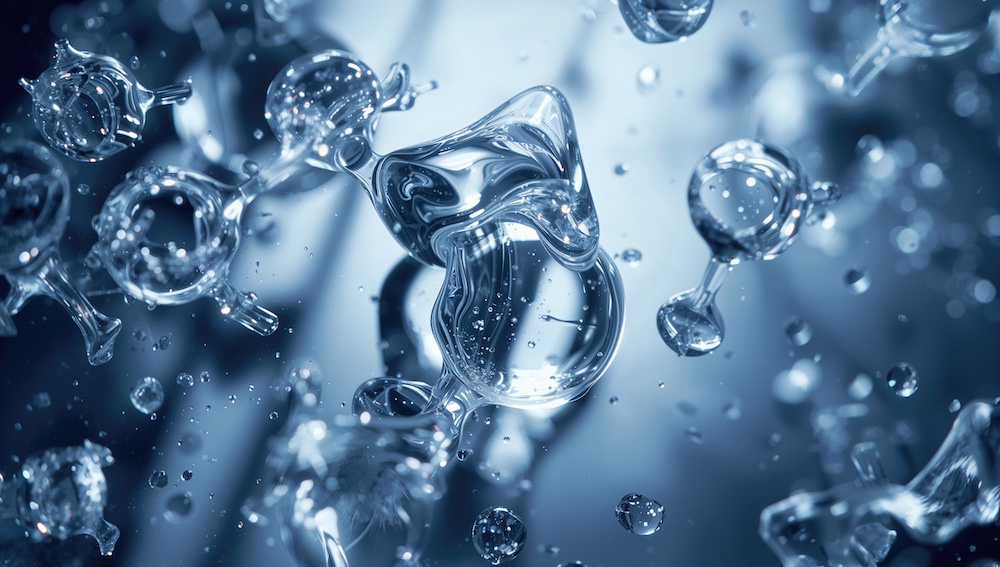
Water contamination causes 60-70% of unexplained ghost peaks in LC-MS.
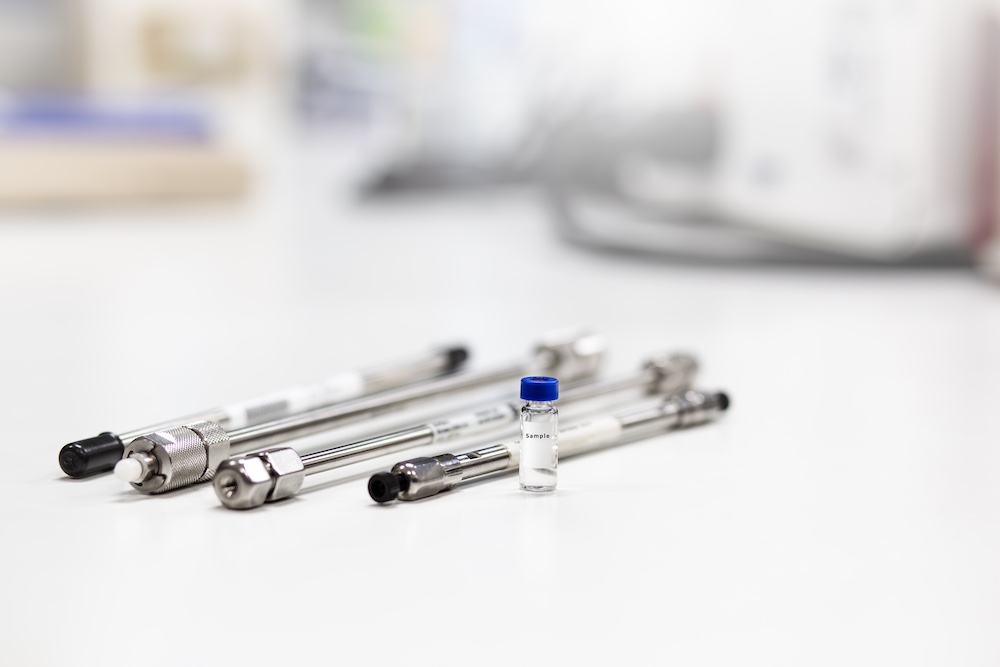
Your HPLC columns shouldn't fail after a few weeks. Under normal operating conditions, most reverse-phased C18 columns deliver stable performance for...
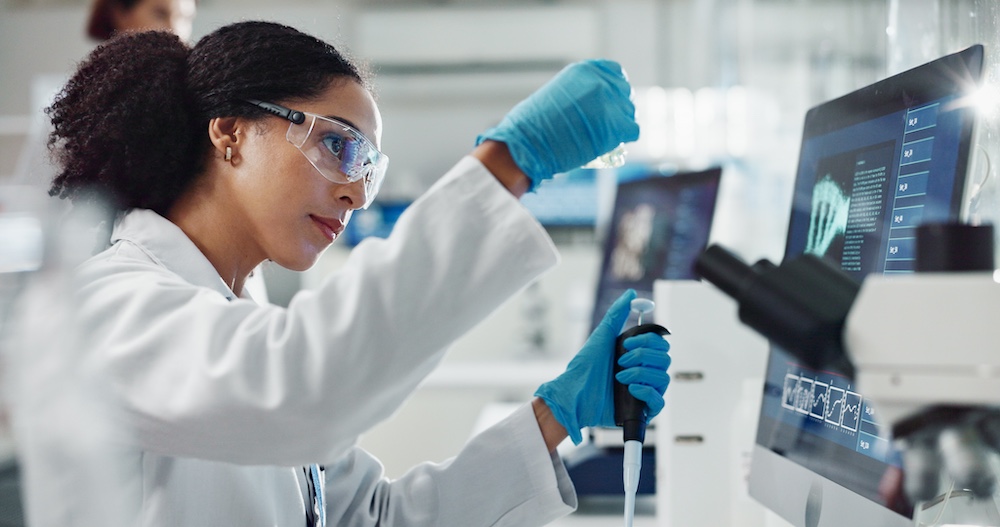
Ultrapure water (UPW) is like a lab's clean room, but in liquid form. At 18 MΩ-cm resistivity, Type I water isn't just "really clean"—it's so pure...

Your HPLC columns shouldn't fail after a few weeks. Under normal operating conditions, most reverse-phased C18 columns deliver stable performance for...
.jpeg)
Your ICP-MS system cost hundreds of thousands of dollars. Your sample prep is meticulous. Your calibration standards are traceable. But there's one...
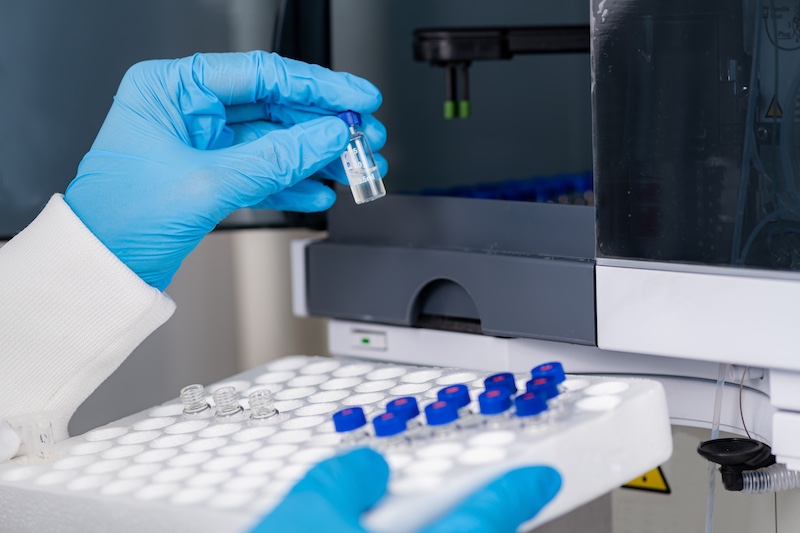
Your HPLC system is calibrated perfectly. Your columns are fresh. Your mobile phase is prepared with precision. Yet your results are inconsistent,...